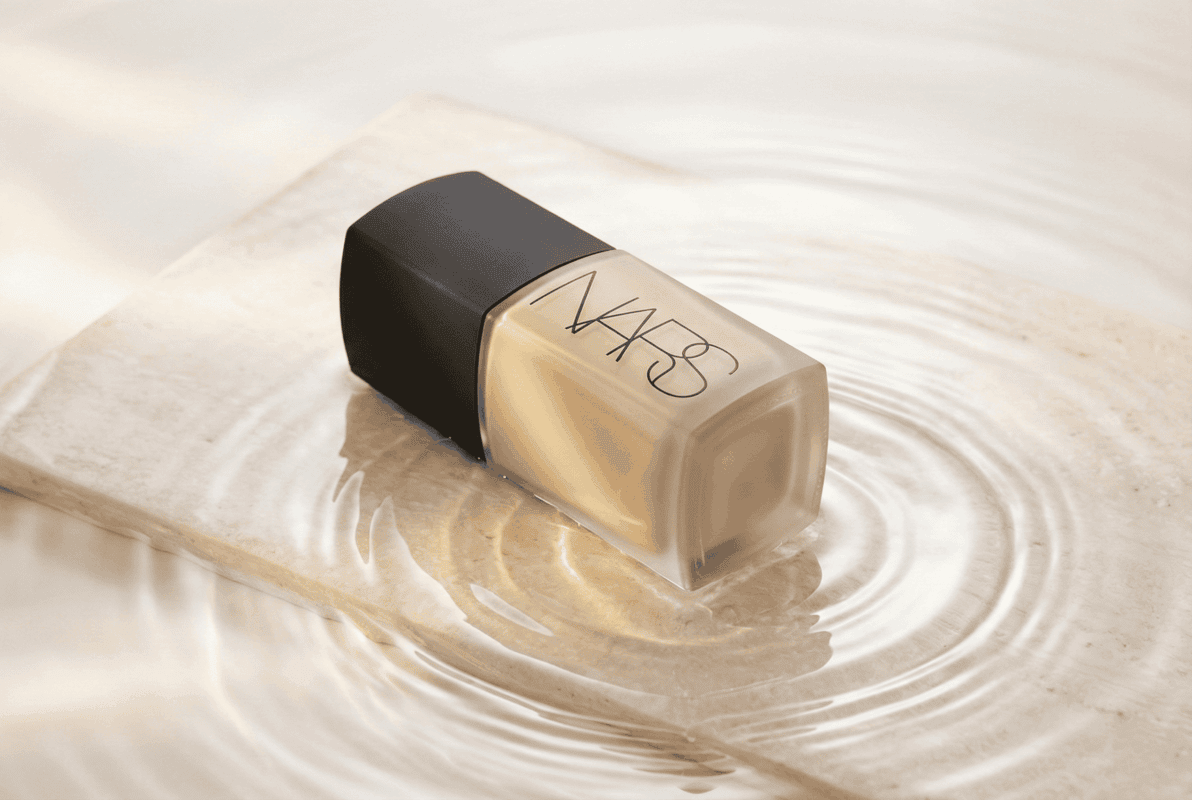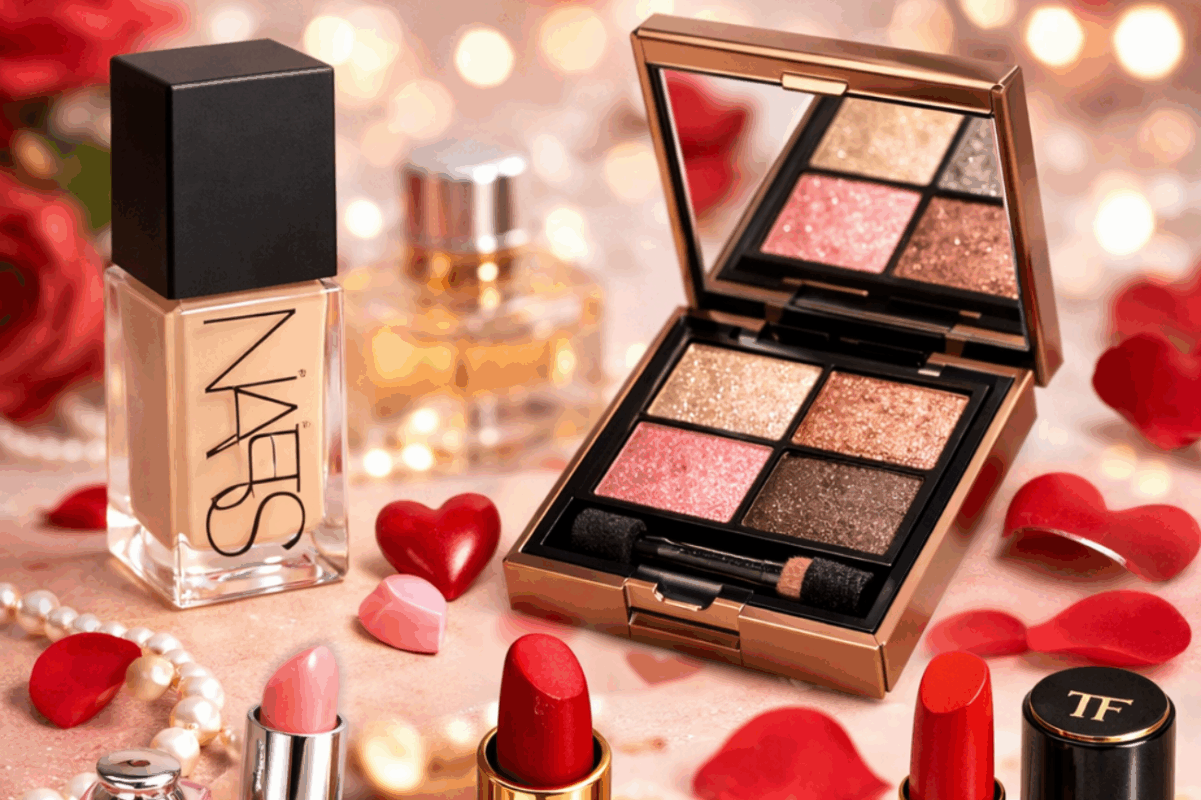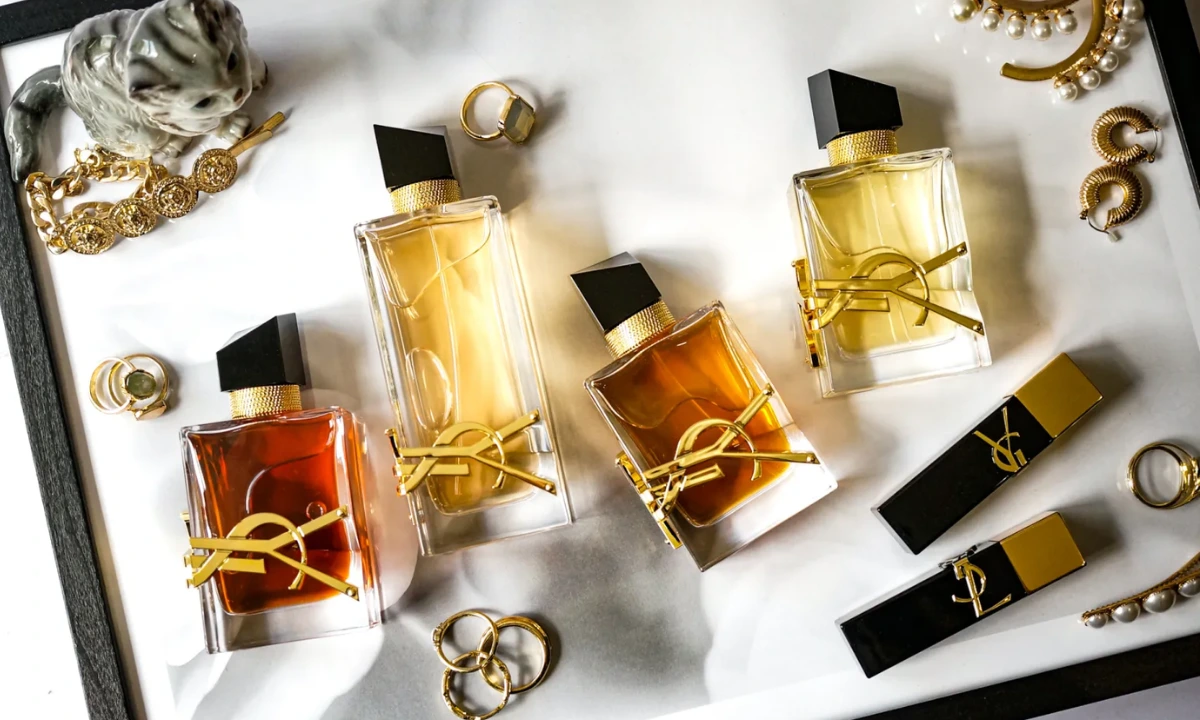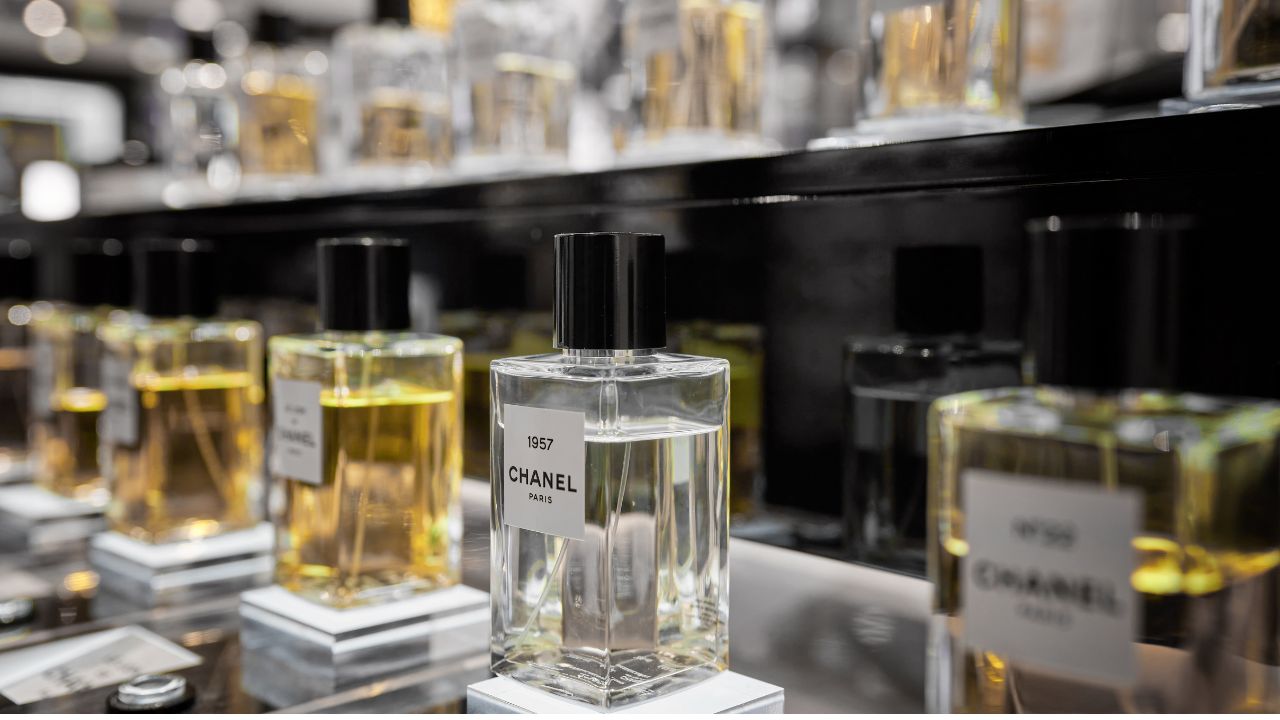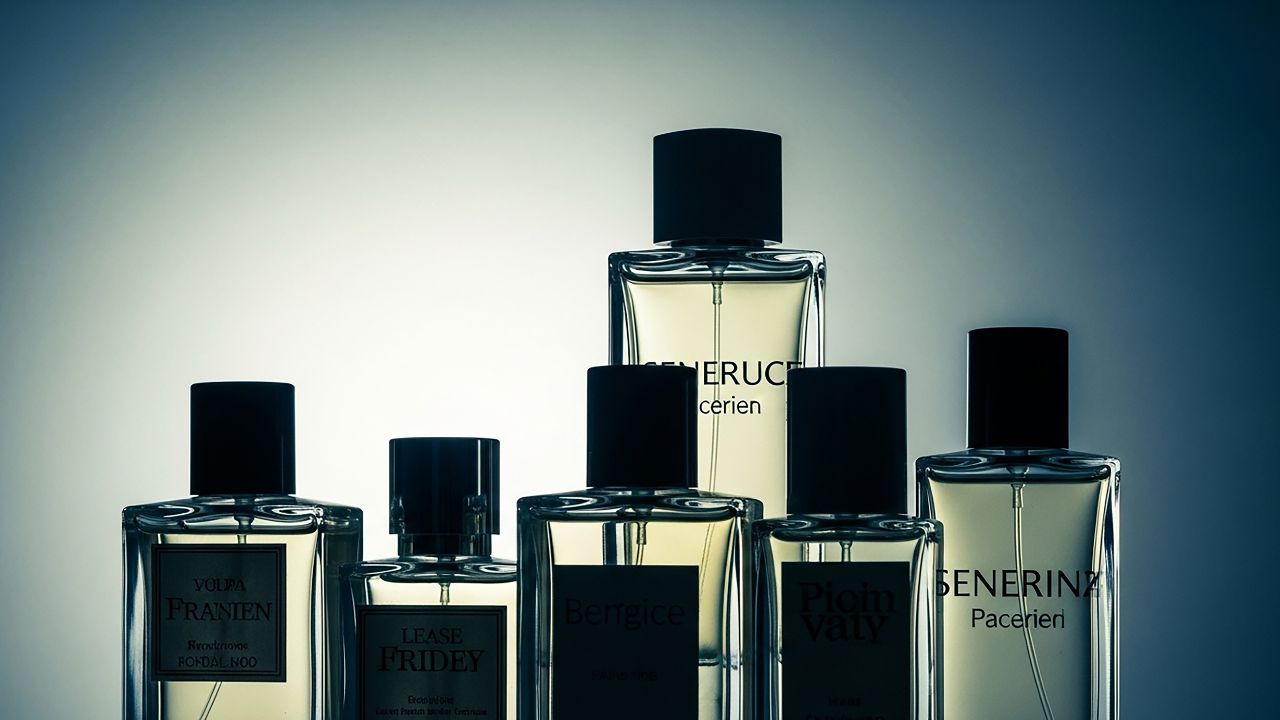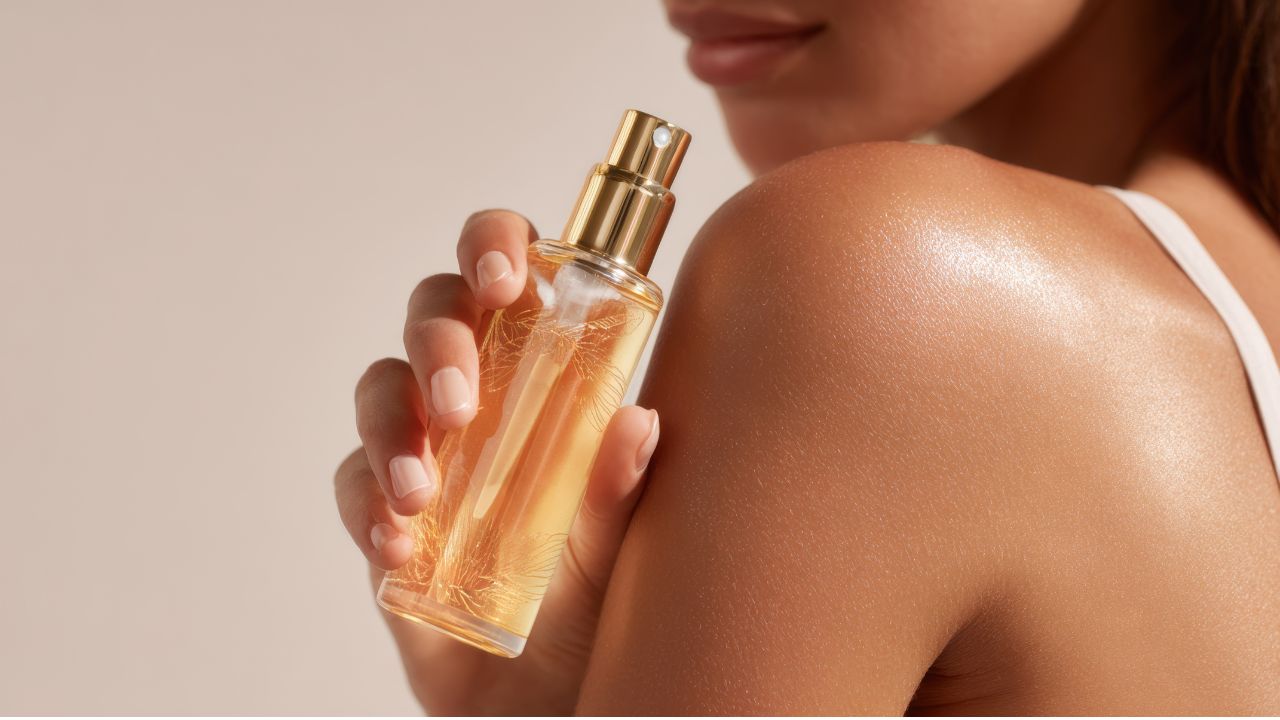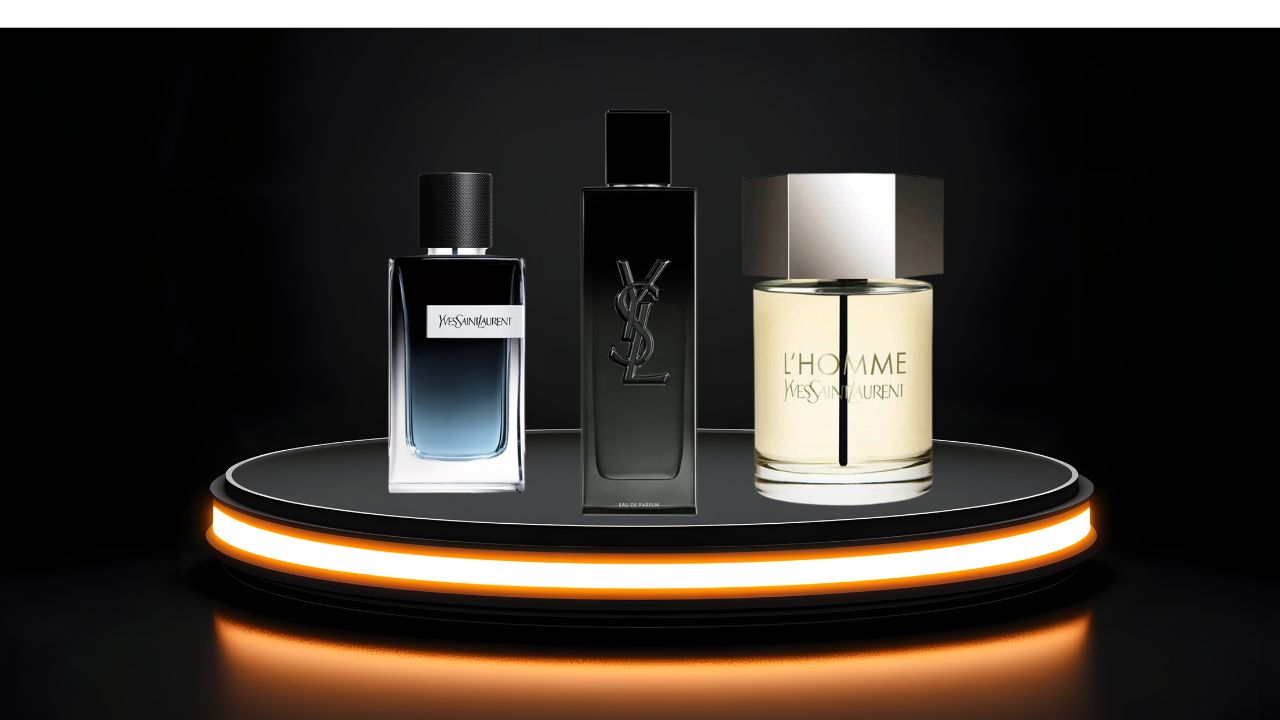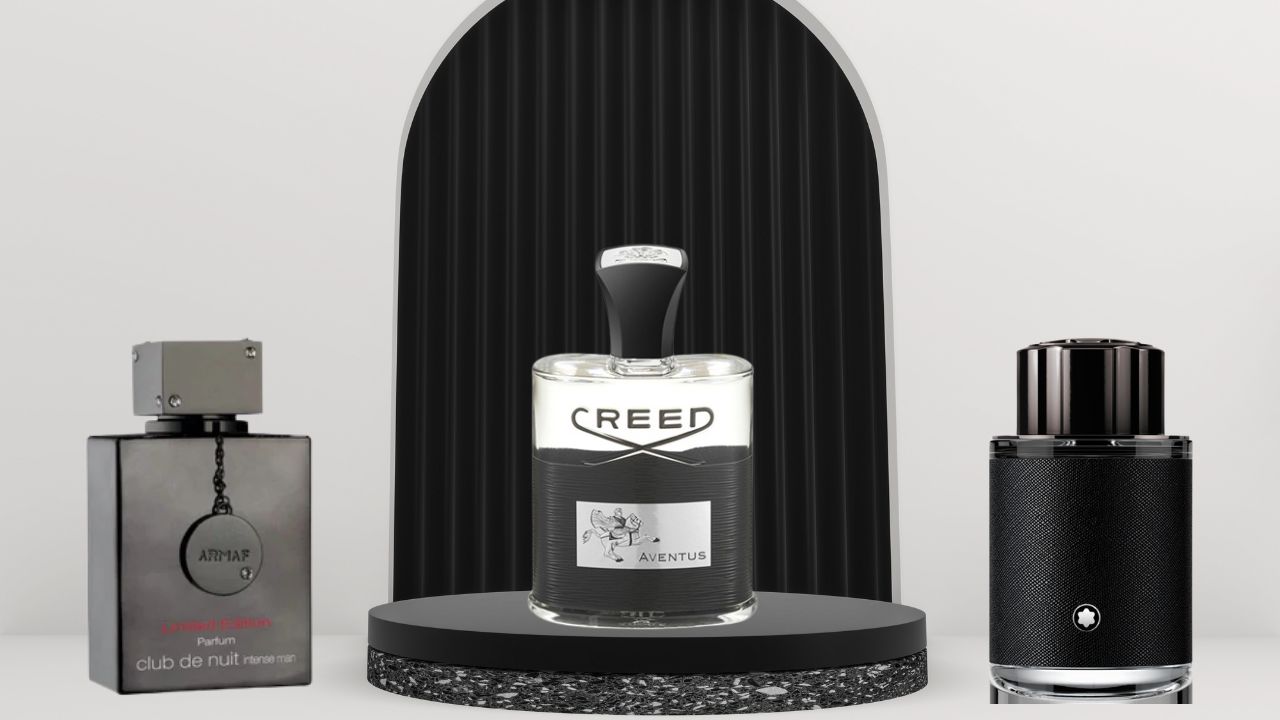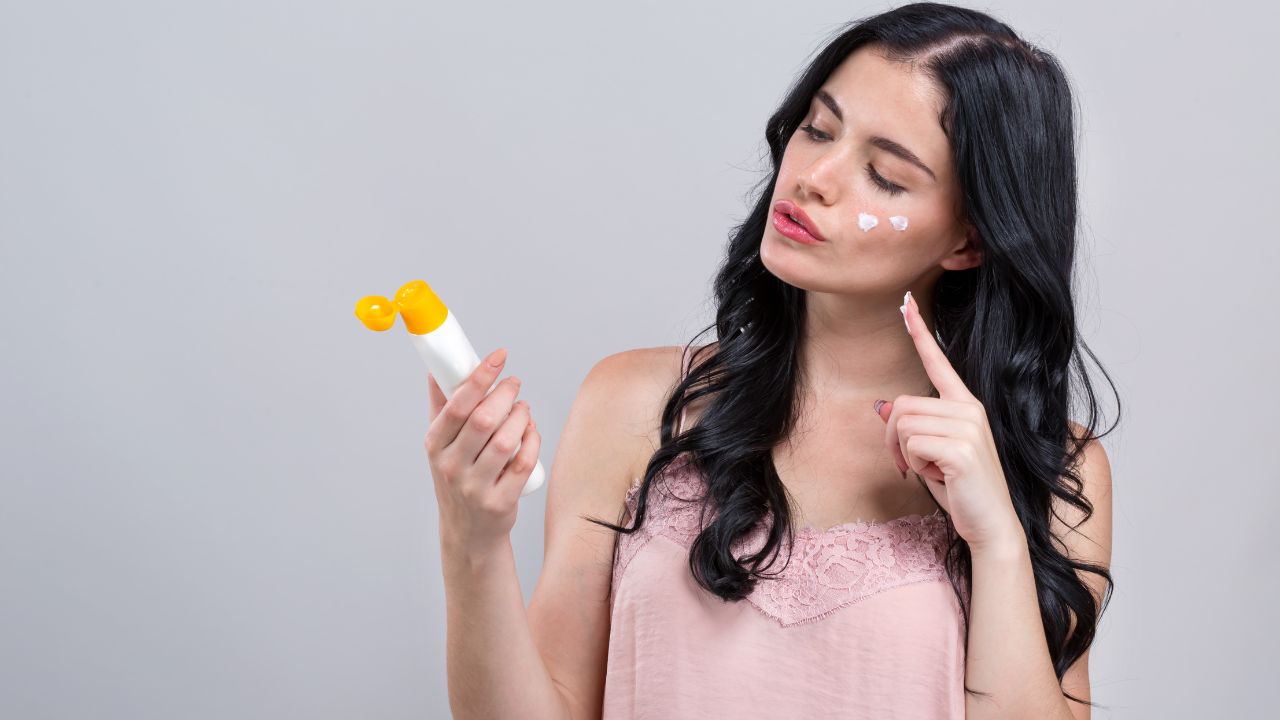
You’re getting ready for a beach day, rummaging through last summer’s tote, and there it is — that half-used bottle of sunscreen you swore you’d finish. It looks fine, smells okay, and feels familiar. But here’s the real question: does sunscreen expire, and is it still safe to use?
The short answer: yes, sunscreen does go bad, and relying on an expired bottle is like using an umbrella full of holes — it might offer some coverage, but not enough to keep you protected. Over time, heat, light, and exposure to air break down sunscreen’s active ingredients, making them less effective at blocking harmful UV rays. Using expired sunscreen can leave your skin vulnerable to sunburn, premature aging, and even long-term damage.
In this guide, you’ll learn how long sunscreen lasts, how to tell if it’s expired, and what happens when you use it past its prime — plus expert tips on how to store it properly so your SPF actually does its job when you need it most.
How Long Does Sunscreen Last? What to Expect
Most sunscreens are good for about three years from when they were made. But this isn’t a strict rule for every bottle. Things like how you store it, what’s in it, and how it’s packaged can all change how long your sunscreen stays effective.
The easiest way to tell is to look for the expiration date. Many sunscreens have a clear date printed on the bottle, often on the bottom or near the sealed part of a tube. If you can’t find a date, it’s generally safe to assume it lasts three years from when you bought it. However, keep reading to learn how to tell if it’s truly gone bad!
An unopened bottle of sunscreen, especially when kept in a cool, dark, dry spot, will usually last right up to its expiration date (and even a little longer, though it’s not guaranteed). But once you open it, air, heat, and tiny germs can make it break down faster.
How to Tell If Your Sunscreen Has Expired: Simple Checks
Sometimes, printed expiration dates rub off, get messy, or aren’t there at all. But don’t worry—you can still figure out if your sunscreen is too old with these quick and easy checks.
Look at the Texture: Is It Smooth?
How your sunscreen feels is a good sign of its condition. For instance, if the sunscreen has split into a distinct oily layer and a thick, lumpy part, it’s definitely bad. Sunscreen should be smooth and creamy. If it feels gritty or has chunks, the protective ingredients might not spread evenly, leaving parts of your skin exposed.
Also, if it’s watery, it’s probably broken down, while an unusually thick consistency might mean it has dried out, making it hard to apply.
Helpful Tip: Squeeze a small amount onto your hand and rub it in. If it feels different than normal, don’t trust it.
Do the Smell Test: Does It Still Smell Right?
Your nose can help you spot if the sunscreen has gone off or if germs have grown in it. A healthy sunscreen should have a neutral, light, or slightly pleasant scent. If it smells old, sour, like strong chemicals, or just “off,” its active parts have likely degraded. Some sunscreens without added fragrance naturally have little smell, but if it also looks or feels strange, it’s safer to get a new one.
Helpful Tip: If your sunscreen contains natural ingredients or essential oils, it may expire sooner and develop a strange smell more quickly.
Check the Color: Any Strange Shades?
Visible changes in color are a clear sign that the sunscreen isn’t stable anymore. Sunscreen should keep its original color (usually white, light tan, or clear). If it’s turned yellowish, brown, or has patchy colors, its active ingredients are probably no longer working. If the color isn’t the same all the way through when you squeeze it out, it means the formula is breaking down.
Helpful Tip: If your mineral sunscreen used to be pure white but now looks a bit yellow, that means it’s changing and losing its power.
How Does It Feel on Your Skin? The Application Test
How the sunscreen feels when you put it on can tell you if something’s wrong. If the sunscreen doesn’t rub in well and feels greasy, sticky, or patchy, it might have lost its good mix. Also, old sunscreen can cause mild skin reactions, like burning, itching, or redness, especially if its protective ingredients have broken down or if germs have grown in it.
Helpful Tip: Put a tiny bit on your wrist or behind your ear. If it feels odd or bothers your skin, throw it away!
Was It Stored in the Heat? (This Matters!)
Where you keep your sunscreen really affects how long it lasts. Leaving sunscreen in a hot car, by a sunny window, or out on the beach for hours can make it go bad much faster. High heat damages the active ingredients. Even though sunscreen protects you from UV rays, constant, direct exposure to heat and light can slowly break down its own protective parts over time, making it useless.
Helpful Tip: If you have to leave sunscreen in the sun, keep it inside a towel-wrapped bag or a cooler to keep it as cool as possible.
What Happens If You Use Expired Sunscreen? The Risks
Using old sunscreen isn’t just unpleasant—it’s risky. The active ingredients wear out over time, meaning:
- Less UV Protection: You won’t get the SPF protection you expect. This can lead to painful sunburns, faster skin aging (like wrinkles and sunspots), and a higher chance of skin cancer.
- Germ Growth: If your sunscreen has natural ingredients (like aloe vera or coconut oil) or has been exposed to dirt, it can become a place for harmful germs to grow once it’s old.
- Bad for Your Skin: Instead of helping and protecting your skin, old sunscreen can clog pores, cause breakouts, or irritate sensitive skin.
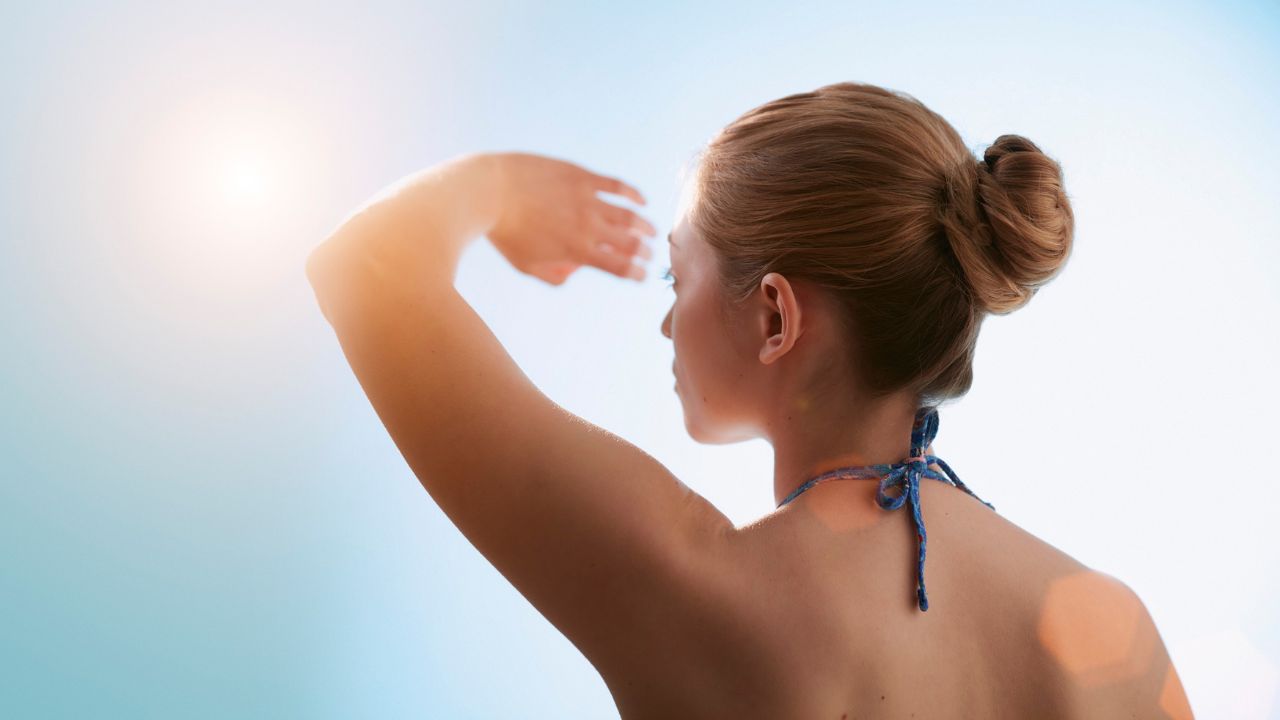
Is Expired Sunscreen Better Than No Sunscreen At All? The Final Word
Maybe, but it’s not a reliable choice. If it’s only slightly expired (a few weeks past its date) and still looks, smells, and feels perfectly normal, it might offer a tiny bit of protection. But if it’s well past its date or has changed in any way, it’s much safer to skip it and cover your skin with clothes, a hat, and seek shade instead.
The main message? When in doubt, throw it out. Your skin’s health is too important to take chances.
How to Store Sunscreen for Longest Life: Keep It Strong
Want to make sure your important sunscreen lasts as long as possible and stays fully effective? Here’s how to store it best:
- Keep it Cool: Always store sunscreen in a shady, airy spot, away from direct sunlight. Leaving it in a hot car or letting it bake in the sun at the beach can make the formula break down quickly.
- Seal It Tight: Always close the cap or pump properly and tightly after every use. Air and moisture can break down the active ingredients.
- Avoid Getting It Dirty: Try not to get sand, water, or dirty hands inside your sunscreen bottle. Using a pump or squeeze bottle helps keep it cleaner and fresher for longer.
- Refrigerate If Needed: If you live in a very hot place, keeping sunscreen in the fridge can help it last longer. Plus, cool sunscreen feels wonderful on warm skin!
So, next time you find that forgotten bottle in your beach bag, ask yourself: Is it still really protecting me, or am I just putting on old, ineffective cream? If you’re not sure, it’s time for a new one! Stay safe, be smart about the sun, and keep your skin healthy and glowing!
Protect What Matters Most — Your Skin
Expired sunscreen isn’t just less effective—it’s unreliable protection against something your skin faces every single day: UV damage. When formulas lose their stability, so does your shield against sunburn, dark spots, and premature aging. Reaching for a fresh bottle isn’t just about safety—it’s about giving your skin the care and respect it deserves.
Choosing the right sunscreen means more than checking an SPF number. It’s about texture, comfort, and consistency—finding a formula that fits seamlessly into your daily routine so you’ll actually want to wear it. Whether you prefer lightweight gels, hydrating creams, or invisible finishes that disappear under makeup, your skin will always thank you for using one that’s fresh and effective.
Discover top-rated sunscreens at Beautinow — curated for protection, pleasure, and peace of mind every time you step outside.
Why choose Beautinow for your sunscreen essentials:
- Guaranteed Authenticity: Every product comes directly from trusted distributors to ensure genuine SPF protection and ingredient potency.
- Expertly Selected Formulas: From everyday city sunscreens to beach-ready water-resistant options, we only stock proven favorites that deliver on their claims.
- Complete Sun Care Lineup: Explore a wide selection of mineral, chemical, and hybrid sunscreens tailored to every skin tone, type, and lifestyle.
- Fresh Stock Promise: Each bottle is carefully stored and frequently restocked to maintain stability, ensuring your sunscreen performs exactly as it should.
- Guidance You Can Trust: With product insights, application tips, and honest reviews, Beautinow helps you find the SPF that truly suits your skin.
Your skin has one job: protect you. Return the favor with sunscreen that does its job—fresh, effective, and ready for every sunny day ahead. A new bottle means dependable defense against UV damage, smoother texture, and better comfort on your skin. It’s a small switch that makes a big difference in how your skin looks and feels. Choose protection that performs—because radiant, healthy skin starts with SPF you can trust.
Frequently Asked Questions
Q: Is expired sunscreen still OK to use?
A: No, expired sunscreen is not safe or effective to use. Once sunscreen passes its expiration date, its active ingredients—like zinc oxide, avobenzone, or octocrylene—begin to break down, losing their ability to block harmful UVA and UVB rays. This means you won’t get the full SPF protection printed on the label. Using expired sunscreen can lead to sunburn, premature aging, and increased risk of skin cancer. If it’s past the expiration date, smells odd, or has changed in texture or color, it’s best to replace it with a new, fully effective sunscreen.
Q: How to tell if sunscreen is expired?
A: You can tell if sunscreen is expired by checking both the expiration date and its appearance, smell, and texture. Most sunscreens last about three years from the manufacturing date, but if the formula looks separated, watery, or clumpy, it’s no longer stable. A sour, musty, or chemical smell is another clear sign of spoilage. Changes in color—such as a yellow or brown tint—also indicate that the active ingredients have degraded. Always store your sunscreen in a cool, dry place to help it last longer and maintain full SPF protection.
Q: Can I use sunscreen after 12 months of opening?
A: You can typically use sunscreen up to 12 months after opening, but this depends on how it’s stored and the product’s formulation. Once opened, air and bacteria begin to affect the formula’s stability. If you keep your sunscreen away from heat and sunlight and always close the cap tightly, it may stay effective up to its printed expiration date. However, if it’s been exposed to high temperatures or looks, smells, or feels different, it’s safer to replace it. For the best skin protection, dermatologists recommend buying a new sunscreen each year before summer starts.
About Bianca
Niche fragrance obsessed and beauty seeker on a mission to prove that luxury is a feeling, not just a price tag. Based in the Netherlands, I spend my time hunting for the world's most evocative scents and high-performance beauty - prioritizing authenticity and quality over hype. My philosophy? You don't need to spend half your salary to smell like a masterpiece. I'm here to help you navigate notes, longevity, and the art of the 'smart splurge' through discovery sets and curated rituals.
View all posts by Bianca

